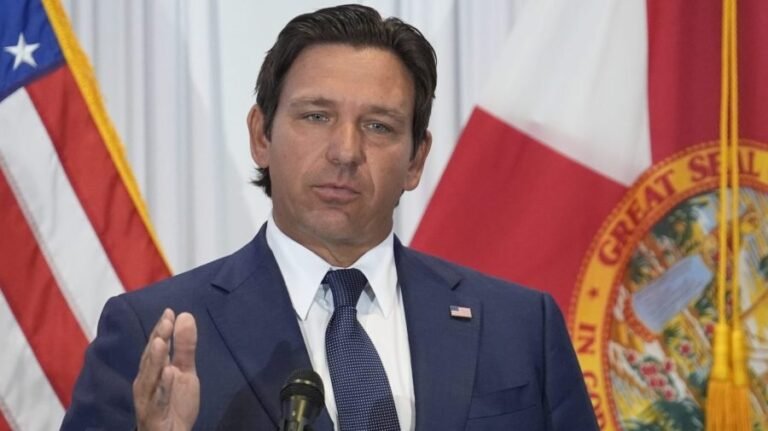
The United States just carried out more lethal strikes on boats in the Pacific Ocean — and if it feels like these stories are suddenly becoming routine, that’s because they are. This was the 11th time in recent months that the Trump administration has approved military action on alleged drug-running vessels. But here’s the part getting lost in the headlines: this is not a “drug bust.” This is warfare — with no trial, no transparency and no real accountability.
Defense Secretary Pete Hegseth posted about the operation on X, writing: “Yesterday, at the direction of President Trump, the Department of War carried out three lethal kinetic strikes on four vessels operated by Designated Terrorist Organizations (DTO) trafficking narcotics in the Eastern Pacific.”
He went on to say, “A total of 14 narco-terrorists were killed during the three strikes, with one survivor. All strikes were in international waters with no U.S. forces harmed.”
In other words: no boardings, no seizures, no presentation of evidence — just immediate execution from the sky.
Mexico says its authorities were the ones who handled the rescue of the lone survivor, but the Mexican government didn’t confirm whether that person is even in their custody. What they did make clear is that they’re not on board with this strategy.
Mexican President Claudia Sheinbaum said at a news conference, “We want all international treaties to be respected.” She continued, “We do not agree with these kinds of attacks, so I have requested that, within the framework of the security agreement we have with the United States, the ambassador be called in and that this situation be reviewed.”
That is diplomatic language for: You can’t just bomb people on the open ocean and call it policing.
Since September, at least 57 people have been killed this way — not captured, not tried, not identified, but killed. And this isn’t some small, technical shift. It’s a dramatic break from decades of U.S. policy, which treated maritime drug smuggling as a law enforcement issue, not a battlefield. A wide range of legal scholars have said these strikes are illegal under international law, and the administration has provided almost no evidence to justify them.
Pushback is coming from both political parties. On “Meet The Press,” Democratic Sen. Ruben Gallego called the strikes “sanctioned murder.” Republican Sen. Mike Rounds has called for more scrutiny, saying there needs to be a clearer legal basis before authorizing deadly force.
That’s not a “left vs. right” argument — that’s a “Are we still a country of laws, or not?” question.
Because if we’re now deciding that suspicion alone is enough to justify an airstrike in international waters, then we’ve quietly crossed into something far more dangerous than drug enforcement. We’ve normalized lethal force without proof. And once a government builds a habit like that, history shows it rarely stops at the water’s edge.
This isn’t about being soft on crime — it’s about being serious about democracy. If the rules don’t matter when the target is inconvenient or nameless, then the rules don’t matter at all.
Lindsey Granger is a NewsNation contributor and co-host of The Hill’s commentary show “Rising.” This column is an edited transcription of her on-air commentary.


